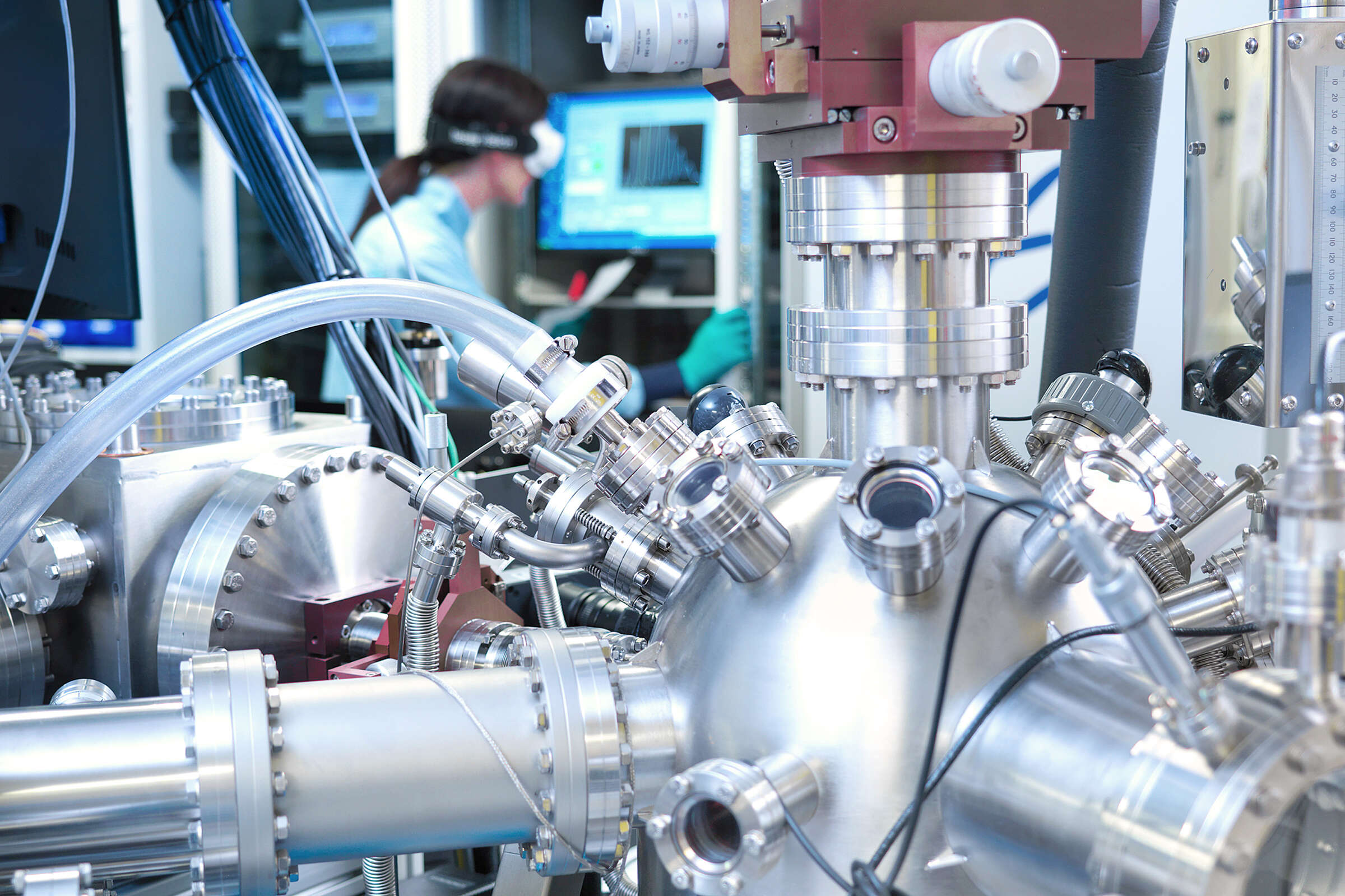We apply a layer of artificial intelligence onto existing production assets and control systems to achieve precision and exceed business goals.
As production timelines are compressed by market demand and supply chain limitations, companies must go further for profitability, efficiency and sustainability.
The pursuit of operational excellence must overcome equipment constraints, limited operator talent, rising energy costs and finite supplies of accessible raw materials.
Benefits
- Improve yield
- Increase throughput
- Improve product quality
- Reduce manufacturing costs
- Reduce environmental risk
- Enhance profitability
How Advanced Process Control Empowers Process Industries
Advanced process control (APC) empowers process industries to continuously optimize plant operations in a cost effective way to address numerous business imperatives, ranging from reducing costs and emissions to increasing yield and improving quality.
We apply a layer of intelligent automation on top of existing control systems, comprised of process modeling expertise and techniques such as model predictive control (MPC), fuzzy logic, reinforcement learning and artificial intelligence. Our APC solutions are designed to continuously evaluate both current and predicted operational data and make immediate control adjustments to reduce in-process variability, improve overall performance and control assets closer to specifications.
MPC is the most common approach for advanced process control in the process industries. MPC technologies such as Pavilion8™ are designed to understand the limitations of a process and continuously evaluate current and predicted operational data to calculate and make optimal control adjustments.
Constant Moment-to-Moment Improvement
By taking care of many moment-by-moment details, MPC allows operators and management to focus on the bigger picture while letting artificial intelligence autonomously drive the production process toward the desired targets. It creates incremental value over time that is easily observed on real-time trends and key performance indicator dashboards.
Real Results with APC and MPC
- A mine operator improved gold recovery at flotation by 3% and achieved a full return on project investment in under 6 months.
- A dairy producer achieved up to a 42% reduction in quality variability and a 6–15% increase in production throughput.
- A nickel refinery was able to reduce process temperature variations by 6% and increased uptime from 70% to 83%.
- Cement mills increased throughput by up to 5.7%, enhanced finish production by 50% and reduced power consumption by 3.5 KWh/s per ton of cement.
- A petrochemical provider reduced product property variability and transition times by up to 50% and increased production by 7%.
- A reservoir management authority reduced energy costs on seawater desalination and conserved over 2 billion liters of fresh water per year by optimizing the flow rate from its dam and pumping stations.
Our approach is informed by decades of practical experience and a rare blend of consulting, data science and process engineering expertise.
We take a consultative approach to help optimize control strategies for process and manufacturing operations. Our team identifies the most suitable software for your production environment and provides process engineering services and training of your operators to ensure lasting, optimal results.
- 160+ patents earned
- 1,000+ successful process control model implementations worldwide
Our proven ValueFirst methodology is the industry-leading approach to deploy APC and MPC solutions:
1
Assess
We identify areas of impact, expected outcomes and the necessary scope and technology to achieve the client’s benchmark metrics, presented in a business plan with quantified investment and ROI.
2
Deliver
We gather and validate pertinent data to develop process models and applications for deployment in the client’s production setting.
3
Audit
Working alongside our clients, we measure value and validate performance as we progress from commissioning through to training the client's staff.
4
Sustain
Finally, we empower the client to maintain and build on solution and process improvements, with scalable support and knowledge transfer from our experienced team.

MPC achieves maximum operational excellence by
- Creating predictable, actionable outcomes through deep learning models
- Eliminating human error and guesswork
- Simplifying models across operations to streamline performance, reporting and process workflows
Model predictive control applications use process response models based on a mix of physical equations and empirical models that are developed using artificial intelligence techniques. Considering the limitations of the process, MPC projects possible control actions to optimize performance in the future. Then, the model writes the recommended set points and actions to the underlying control system, achieving results that even the most knowledgeable and intuitive operators can’t sustain.
Through successful client deployments, we have developed repeatable and adaptable models that deliver better results, in less time.
Industries
- Mineral Processing
- Cement
- Food and Beverage
- Ethanol
- Biofuels
- Polymers
- Wastewater
Use Cases
- Drying and Evaporating
- Crushing and Grinding
- Flotation and Recovery
- Polymer Transitions
- Distillation
- Predictive Emissions Monitoring
- Chemical Reactors












